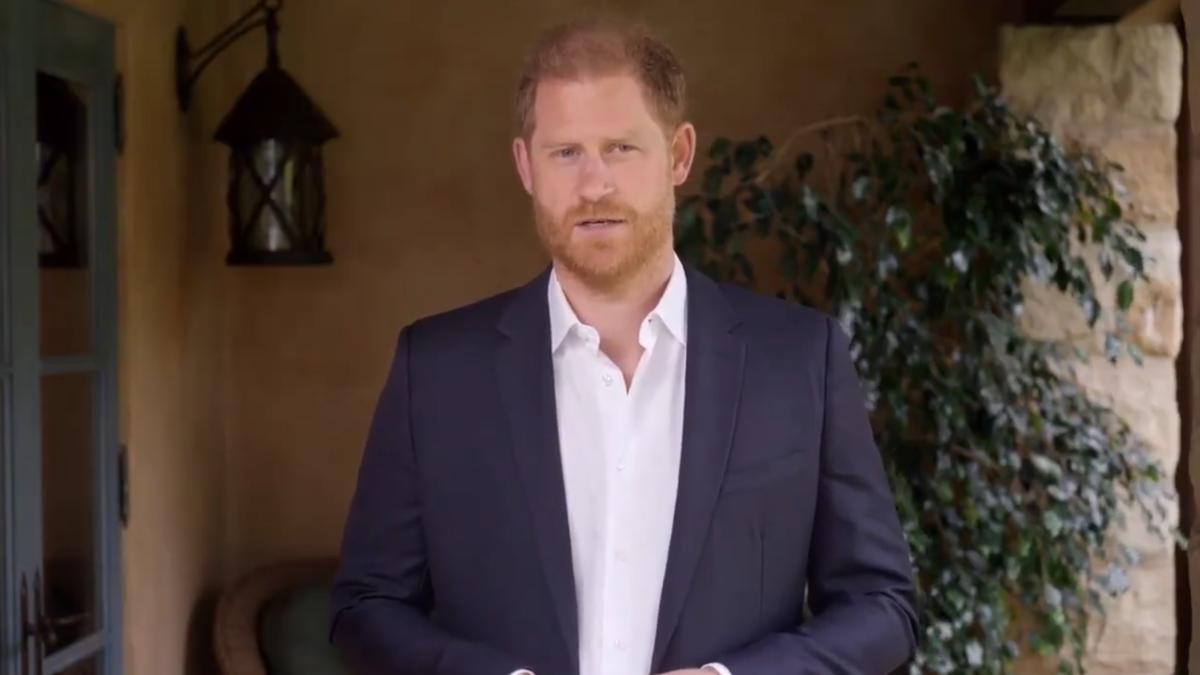Another Possible Risk Factor for U.S. Airlines: Credit Card Holdbacks
Skift Take
Facing a rough financial situation in 2008, Frontier Airlines wanted to ride out its troubles without filing for bankruptcy. But after its card company processor delayed the period between when Frontier sold tickets and when the airline received money, it gave up, seeking Chapter 11 protection within days. The airline told the court it could not lose access to almost half its revenue for weeks or months.
Since, U.S. airlines haven't faced many credit card holdbacks, though Virgin America was briefly subject to one about five years ago. Most U.S. carriers have been on solid financial footing, allowing the system to work as intended. Usually, consumers buy a ticket and an airline gets paid right away, with the credit card processor assuming travel will take place.
But these are unusual times, and there's some concern that, with airlines burning cash and canceling flights, credit card processors may increase holdbacks on U.S airlines. Instead of giving an airline 100 percent of the fare right after booking, the processor may withhold a certain percentage until after travel. It's about risk assessment: If an airline sells a ticket in January and the airline goes bust before, the processor may be on the hook for the loss.
It’s not clear how this will play out in the United States. As bad as business is, coronavirus is not a typical airline crisis, in which one poorly-managed carrier makes bad bets that leave it on the cusp of bankruptcy. Here, because carriers are in rough shape, the federal government is backstopping U.S. carriers, ensuring they will be able to meet financial obligations at least through September. In the short term, no U.S. airline is likely to go out of business.
Still, if a card processor instituted a holdback, it could be disastrous for an airline, said Callum Godwin chief economist at CMSPI, a global payments consultancy that helps businesses with payment strategies.
"Once the holdback is instituted, it can be difficult for an airline to recover," he said. "It is a death spiral.”
A Known Risk
Each year in annual reports, most airlines list credit card holdbacks as a business risk, warning investors they could have a material impact on earnings.
In February, when few worried about holdback risks for U.S. carriers, American Airlines reminded investors that credit card processing companies could retain revenue if the airline failed to “maintain certain levels of liquidity.” The card processor had the right, American said, to hold back cash for advanced ticket sales until the airline flew the customer.
“These holdback requirements can be modified at the discretion of the credit card processing companies upon the occurrence of specific events, including material adverse changes in our financial condition,” American said in the report.
Most card processors unilaterally have the right to withhold payments from airlines if they fear the carrier might go out of business, said George Willis, CMSPI's vice president of global business development.
“There’s examples of 100 percent holdbacks out there, which is daunting from a merchant perspective,” he said. “What quite often happens is that the airlines will negotiate their processor contracts when they are doing well and they are in a position of strength. What is often not looked at is the provisions for the holdbacks. You don't see who is swimming naked until the tide goes out.”
A holdback often puts an airline in an untenable position, where it might not get paid until several days after a customer flies. Last year, despite strong industry demand, the UK regional airline FlyBe fell into financial trouble and was subjected to holdbacks. In March, Flybe became the first airline casualty of Coronavirus.
Norwegian Air has also been subject to holdbacks, and in February 2019 was forced to raise an extra $350 million as a result. The airline continues to fly, and recently received Norwegian government support.
An Unusual Situation
Normally, a credit card holdback might be considered a “triggering event” that could cause bankruptcy, Hunter Keay, an analyst at Wolfe Research, wrote in a report last week.
But Keay noted this situation is unusual, because even though airlines are waiving change fees on future tickets, they’re not bringing in much revenue. Delta Air Lines, for example, said its second quarter revenue is expected to decrease $10 billion, year-over-year.
In a note about American, Keay said it’s possible the airline eventually may have to file for bankruptcy, but added that a credit card holdback, if instituted, probably would not be the triggering event.
“We also don’t fear a credit card holdback, though one is possible, but because industry bookings are so bad anyway it probably won’t even matter much,” Keay said.




